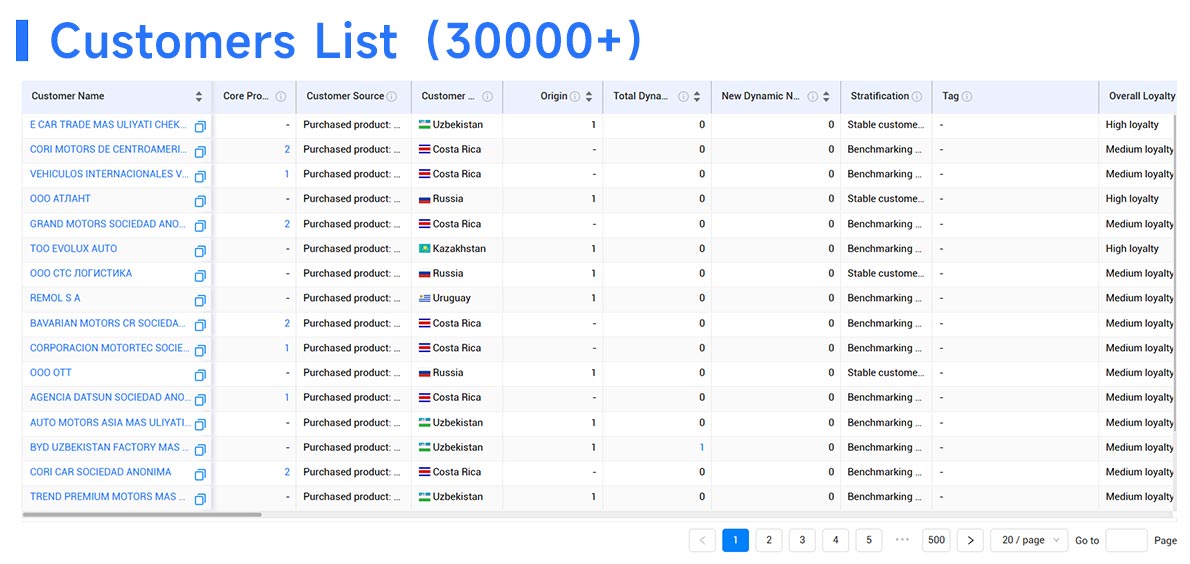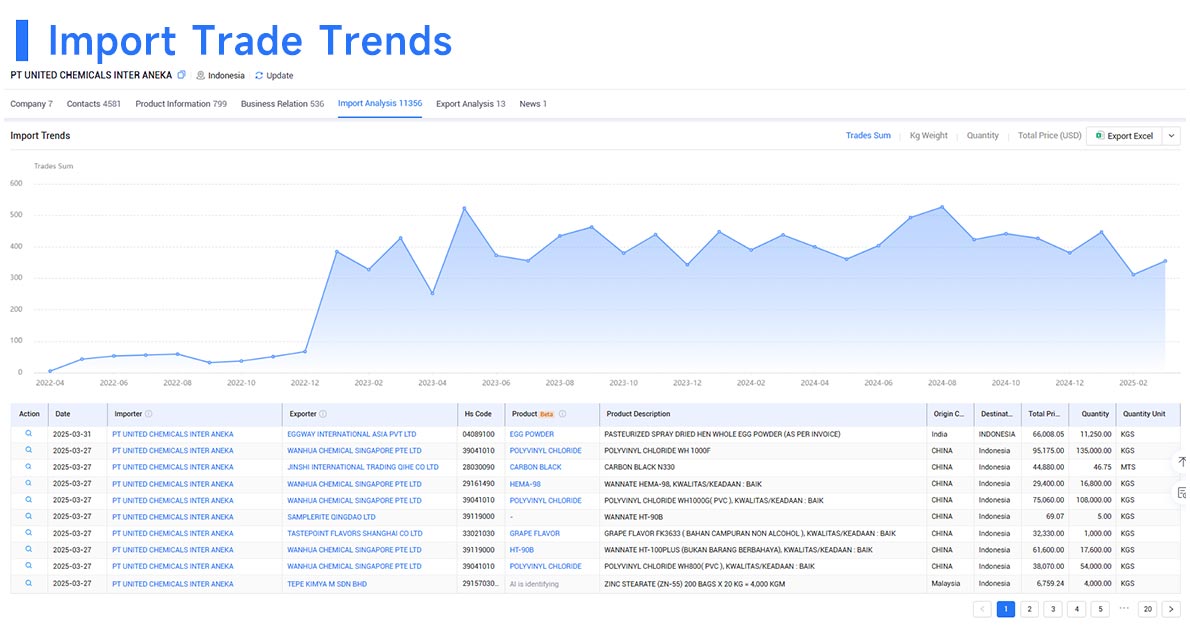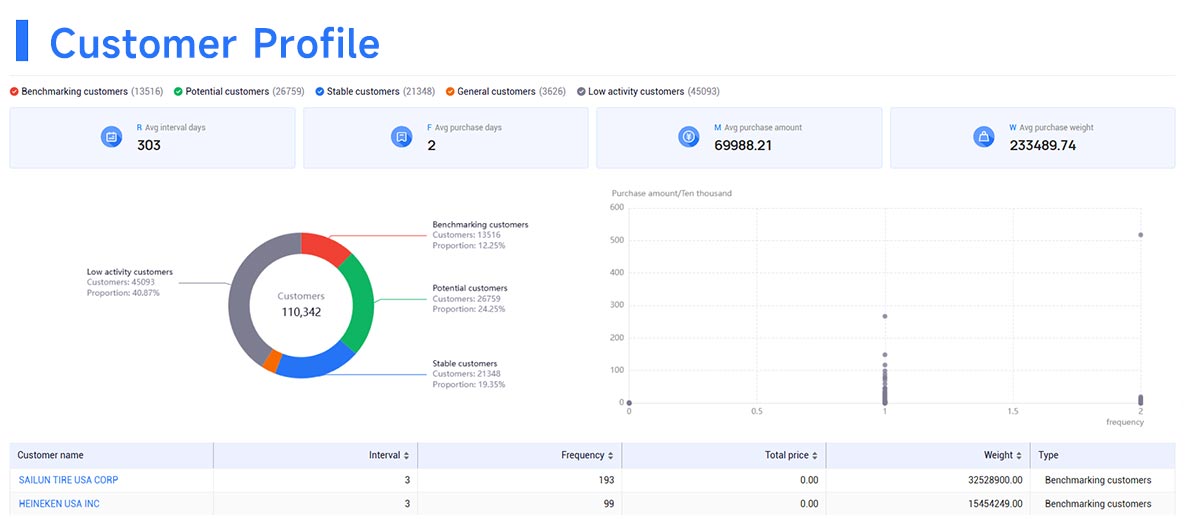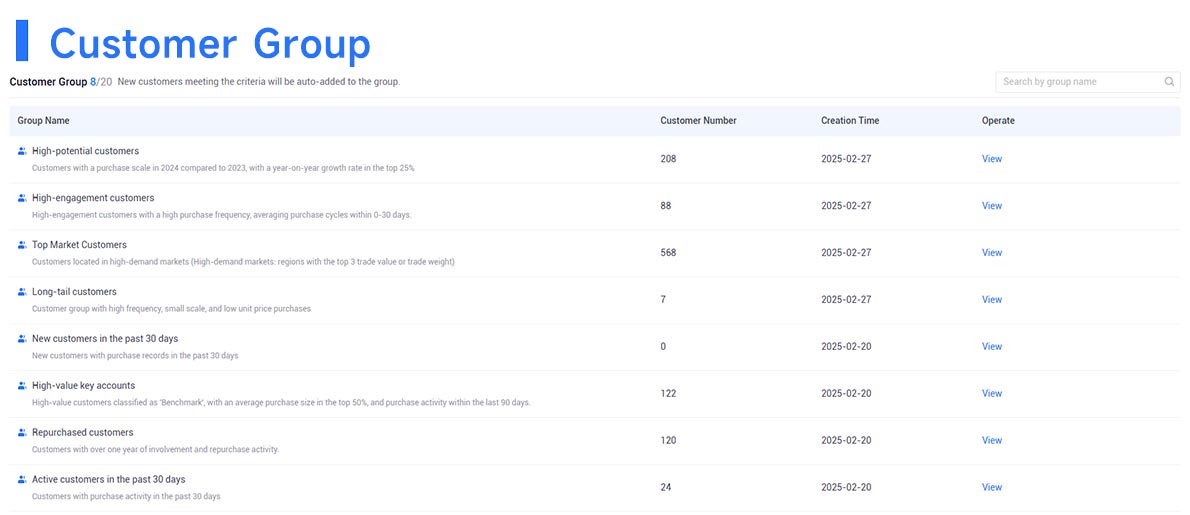 Trade Data Provider
Trade Data Provider
 2025-06-30
2025-06-30
For professionals frequently engaged in developing import/export clients, using Import/Export Data is a fast and effective strategy. There are various channels to access this data—including some that offer Import/Export Data for free. These include national customs authorities and third-party platforms. However, many users find that some sources provide outdated information, sometimes from the previous year or even earlier. In the fast-changing international trade industry, outdated data has limited value. So, who provides the most up-to-date Import/Export Data? And how can you access it?

1. Official Data Sources
As the primary producers of trade data, national customs authorities are the most authoritative source of original data. For instance:
·China Customs releases national import/export data for key goods between the 7th and 10th of each month.
·The U.S. Census Bureau updates its import/export statistics around mid-month.
These official sources offer clear advantages:
·Timely updates
·Comprehensive coverage of a country's trade activity
·Free access, such as through the China Customs data portal or Eurostat's import/export databases.
However, there are two major limitations:
(1)Cross-border data barriers – Platforms vary by country and language (e.g., Mexico's trade portal is only in Spanish).
(2)Lack of granular detail – Most countries only publish high-level trade volumes, with little to no company-level data.
Therefore, official data is better suited for macroeconomic analysis rather than targeted client development.
2. Professional Data Platforms
Platforms like Tendata solve many of the limitations of official sources through advanced technology and data integration. Their strengths lie in three core areas:
(1) Real-Time Global Data Aggregation
High-end platforms establish global data collection networks. For example, Tendata covers Import/Export Data across 228+ countries and regions. These platforms often sync directly with customs systems, updating data every 3–5 days—making them 4–6 times more responsive than many free platforms, which may only refresh quarterly.
>>Get A Free Demo<<




(2) Deep Data Processing
Unlike raw data listings, professional platforms enhance data with:
·Data cleaning: Remove duplicates, fix unit errors (e.g., normalize pricing units).
·Relationship analysis: Build maps of import/export networks, identify partner changes or frequency shifts.
·Risk alerts: Detect demand shifts through abnormal trade volume fluctuations.
(3) AI-Powered Tools
Smart tools embedded in these platforms include:
·Customer discovery tools: Suggest potential clients based on signals like "new supplier emergence" or "declining purchase volume."
·Market monitoring dashboards: Track global trade flows of key products in real time.
·Competitor analysis reports: Automatically generate detailed customer lists and transaction data of rival companies.
3. How to Evaluate Data Quality: 3 Key Tips
(1) Verify Update Frequency
Request a data update log from the provider and check actual update intervals from the past three months to avoid exaggerated claims.
(2) Sample Data Testing
Ask for recent transaction records (within 30 days) for your target product or country. Compare against official sources (like UN Comtrade) to check HS code accuracy and completeness of company details.
(3) Check Customer Reviews
Look into real user feedback—especially from companies in your industry. Key metrics include client development cycle reductions and data timeliness.
Conclusion
In today's rapidly evolving trade environment, relying on a single source of data is no longer enough. Import/export businesses should build a three-dimensional data strategy: use official data for macro trends, professional platforms for targeted prospecting, and emerging tools for custom insights. Choosing the right platform with real-time, high-quality Import/Export Data will not only help you meet current client demands but also forecast market trends—making data a true strategic weapon for global market expansion.
Category
Leave Message for Demo Request or Questions


 T-info
T-info T-discovery
T-discovery

 My
Tendata
My
Tendata Market Analysis
Market Analysis Customer
Development
Customer
Development Competitor
Monitoring
Competitor
Monitoring Customer Relationship
Customer Relationship





































































































































